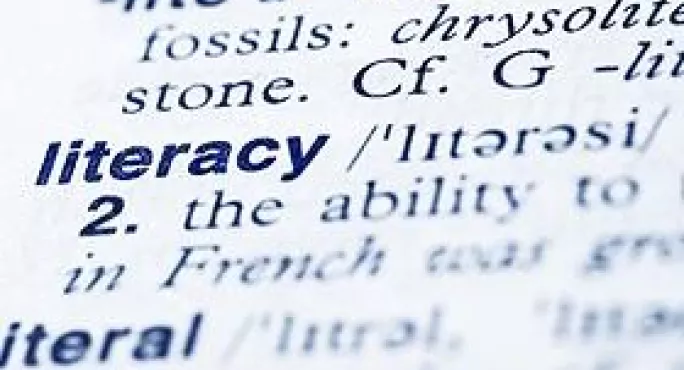Literacy slump sounds alarm
Behaviour deterioration also noted since introduction of play-led curriculum
Share
Literacy slump sounds alarm
https://www.tes.com/magazine/archive/literacy-slump-sounds-alarm

Ministers and civil servants are alarmed at reports of a sudden drop in literacy and behaviour standards among a “significant minority” of pupils in the foundation phase, TES Cymru can reveal.
Some primary heads have reported that a higher percentage of pupils have fallen behind their expected reading age than before the play-led curriculum for three to seven-year-olds was introduced.
It is understood that in some schools literacy levels have fallen by up to 10 per cent.
There are also concerns that some children do not know how to behave in the classroom, are unable to sit down and concentrate on more formal lessons and resent directions from teachers.
A decline in the quality of literacy was first reported when the foundation phase pilot scheme was evaluated in 2006.
Although the evaluation recommended that literacy teaching be prioritised, it said there should not be a “return to the over-formal pedagogy that characterised previous practice”.
But after three years of the scheme being rolled out to primary settings across the country, there are signs that in some schools the learning through play approach is causing problems.
A senior Assembly government source told TES Cymru: “Some teachers across the primary sector need to understand better what the foundation phase is.
“They mistakenly think it’s all about play, that you don’t do any formal literacy work until KS2, and that’s a fallacy. We’ve got to make sure we get the balance right.”
But some headteachers are frustrated. Kevin McAnulty, head of Abercarn Primary School in Caerphilly, said: “When the foundation phase was launched it was genuinely believed standards would rise because of pupils directing their own learning and the extra classroom support.
“We have experienced varying degrees of measurable standards of literacy, but it’s very difficult to make a judgment on standards, given that we have still not had one full cohort go through the whole of the foundation phase.
“The problem is we have a data-driven inspection system that does not sit comfortably with a provision-led foundation phase. You can’t have it both ways.”
The foundation phase will be rolled out to all six to seven-year-olds from September, and by September 2012 the first full cohort of seven-year-olds will be entering KS2.
In her annual report, Estyn chief inspector Ann Keane warned schools that children’s transition from a play-based curriculum to a more formal one needed “careful preparation and planning”.
Answering questions in the Senedd recently, education minister Leighton Andrews said the foundation phase will not be allowed to lead to a reduction in literacy.
He revealed he has asked officials to look at the issue, but added: “Overall, I am optimistic that the foundation phase . will impact upon literacy and numeracy. We certainly cannot let go of those basics as young people go through the foundation phase.”
An Assembly government spokesman said the foundation phase promotes good literacy skills from an early age.
He said: “From September 2011, children entering the foundation phase will have their reading and writing assessed (to) form a profile to enable practitioners to address the learning needs of the individual child and focus on developing and monitoring their progress in language, literacy and communication.”
You've reached your limit of free articles this month. Subscribe for £1 per month for three months and get: